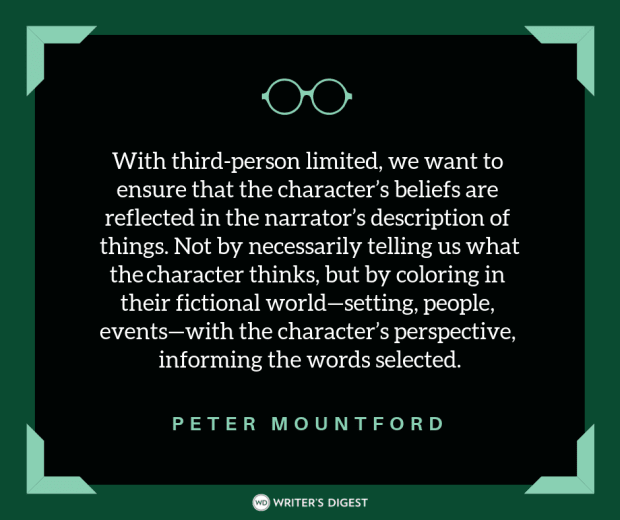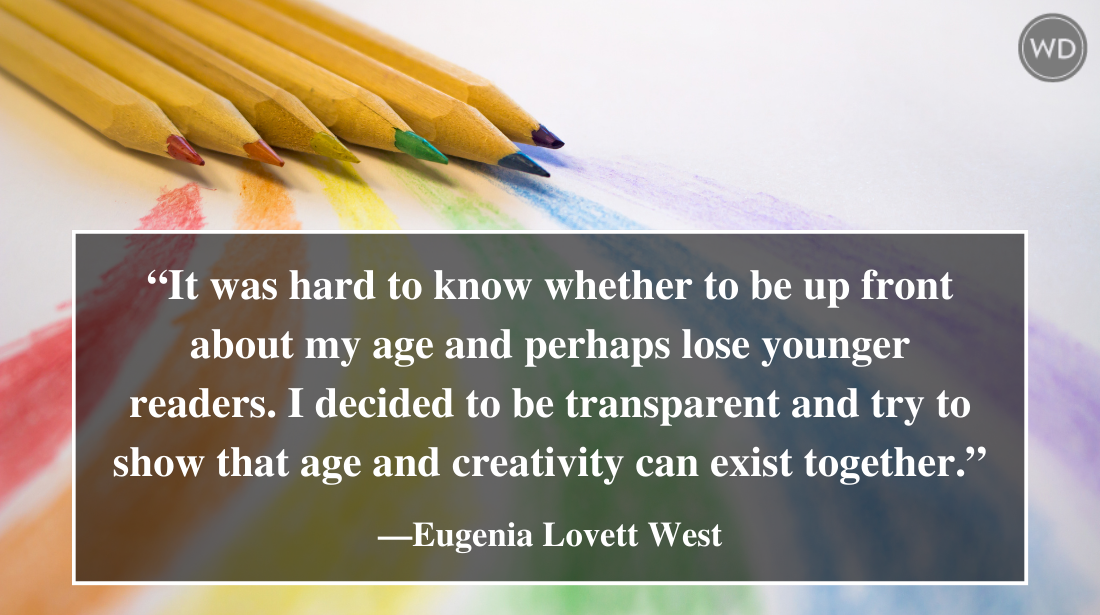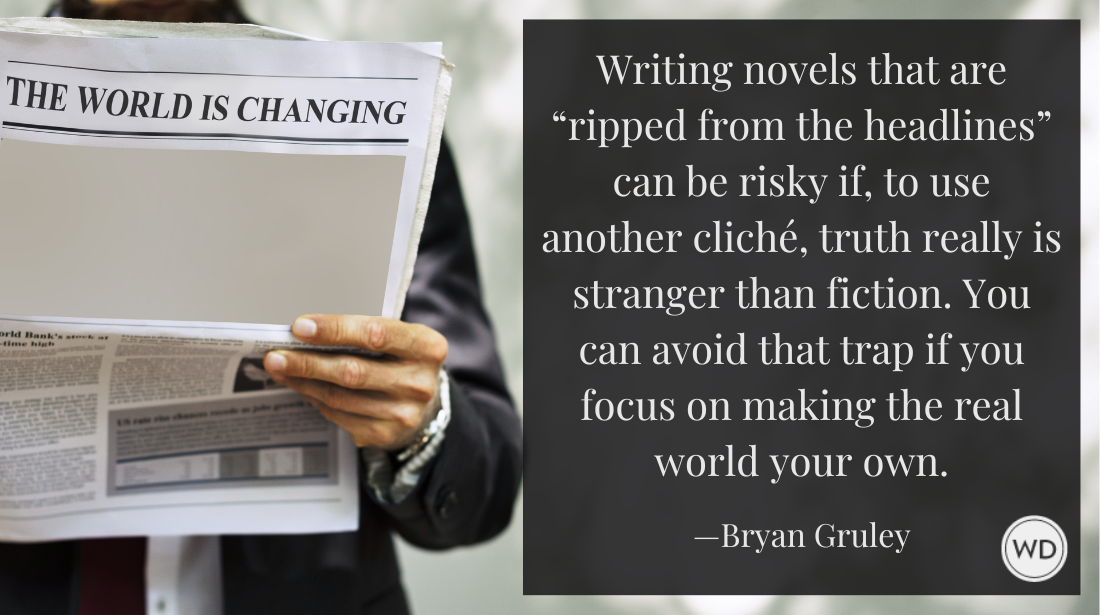Does Your Novel Fall Victim to the Protagonist/Goal Switcheroo? (Plot-Protagonist Secret #2)
Today’s guest post is the second installment of a three parter (ending Friday), and comes from the wise Jim Adam, who I met at a recent Writer’s Digest Editors’ Intensive….
Today's guest post is the second installment of a three parter (ending Friday), and comes from the wise Jim Adam, who I met at a recent Writer's Digest Editors' Intensive. Visit his homepage, or follow him on Twitter.
Some of us can't quite decide who we want our protagonist to be.
Sometimes this results in a story that contains a lot of POV
characters, but that isn't always the case.
In my novel, I had
one primary POV character for the first 250 pages. Then I switched to
another POV character for the middle 250 pages. And then I switched to
yet another POV character for the final 250 pages. As a result, no
single character was strong enough to tie the book together into a
cohesive unit. A master writer (or somebody with a body of fans
already in place) might have been able to get away with this sort of
thing. Unfortunately, I don't fit into either camp.
POV
switching is harder to pull off than professional writers like Stephen
King or George R.R. Martin make it look. Each POV character brings a
different goal with them, or at least a different slant on a goal, and
as a result, readers can easily find themselves several chapters into a
book, still unable to decide what the story is really about.
If
your story features a lot of POV characters, or if it switches around
between several protagonists along the way, make sure the story truly
requires it. For many of us, POV switching is a sign that we haven't
quite figured out what story we're trying to tell.
Goal Substitution
In
some stories, the protagonist stays the same but their goal changes. If not handled carefully, this can make a story feel like it's gotten
sidetracked, with the plot suddenly chasing after a will-o-the-wisp.
Sure,
plots don't have to be linear, but readers are liable to get confused
(or miffed) if we change either the protagonist or the protagonist's
goal without sufficient justification. In the movie The Matrix, Neo's
original goal is to find out what the matrix is. Partway through the
movie, Neo gets his answer. This forces him to adopt a new goal:
"Figure out how to fit into this new reality." Neo's goal change works
because it's integral to the flow of events, and thus it makes sense to
the audience.
For a protagonist to change goals on a whim,
however, or in response to some ancillary or trivial event: that's
going to be hard for many readers to swallow. Maybe it's a sign that
we're conflict averse, or maybe we think we're perpetrating a "surprise
twist." But whatever the explanation, the result may be the same: a
disappointed reader.
The flip side: if something happens (as
with Neo) to invalidate a protagonist's first goal (such as they
achieve that goal), the story needs to quickly provide the protagonist
with a new goal. Using our Wizard of Oz example, imagine Dorothy
showing up in Oz without any burning desire to get back home. Not only
does she wind up wandering around endlessly, now she doesn't even have
a meaningful goal.
One sign of a goalless protagonist is that
they get pushed about by events. Instead of acting, they react.
Even
if we throw life-threatening challenges at them, the challenges still
begin to seem disconnected and arbitrary. The result is generally that
the story looses its zip and, possibly, many of its readers.
A
goalless protagonist seems to be especially common in "translation"
stories where the main character is pulled out of a mundane life and is
suddenly transported into an amazing Other World. The Wizard of Oz and
The Matrix both show how to make such a premise work.
Many of
us who attempt translation stories, however, try to carry the story
with clever, amazing, and humorous interludes. The Munchkins,
Scarecrow, the sentient trees, Tin Man, Cowardly Lion, Emerald City: we expect these elements to hold the reader's interest by themselves. Maybe they will, maybe they won't, but certainly Dorothy's story loses
something if she's wandering about goalless, just enjoying the scenery.
The protagonist's goal is the glue that holds a story together, giving events heightened purpose and interest.
In tomorrow's final installment, we'll look at examples that illustrate the importance of goal, as well as what happens in the case of an overshadowed protagonist.
Jane Friedman is a full-time entrepreneur (since 2014) and has 20 years of experience in the publishing industry. She is the co-founder of The Hot Sheet, the essential publishing industry newsletter for authors, and is the former publisher of Writer’s Digest. In addition to being a columnist with Publishers Weekly and a professor with The Great Courses, Jane maintains an award-winning blog for writers at JaneFriedman.com. Jane’s newest book is The Business of Being a Writer (University of Chicago Press, 2018).









